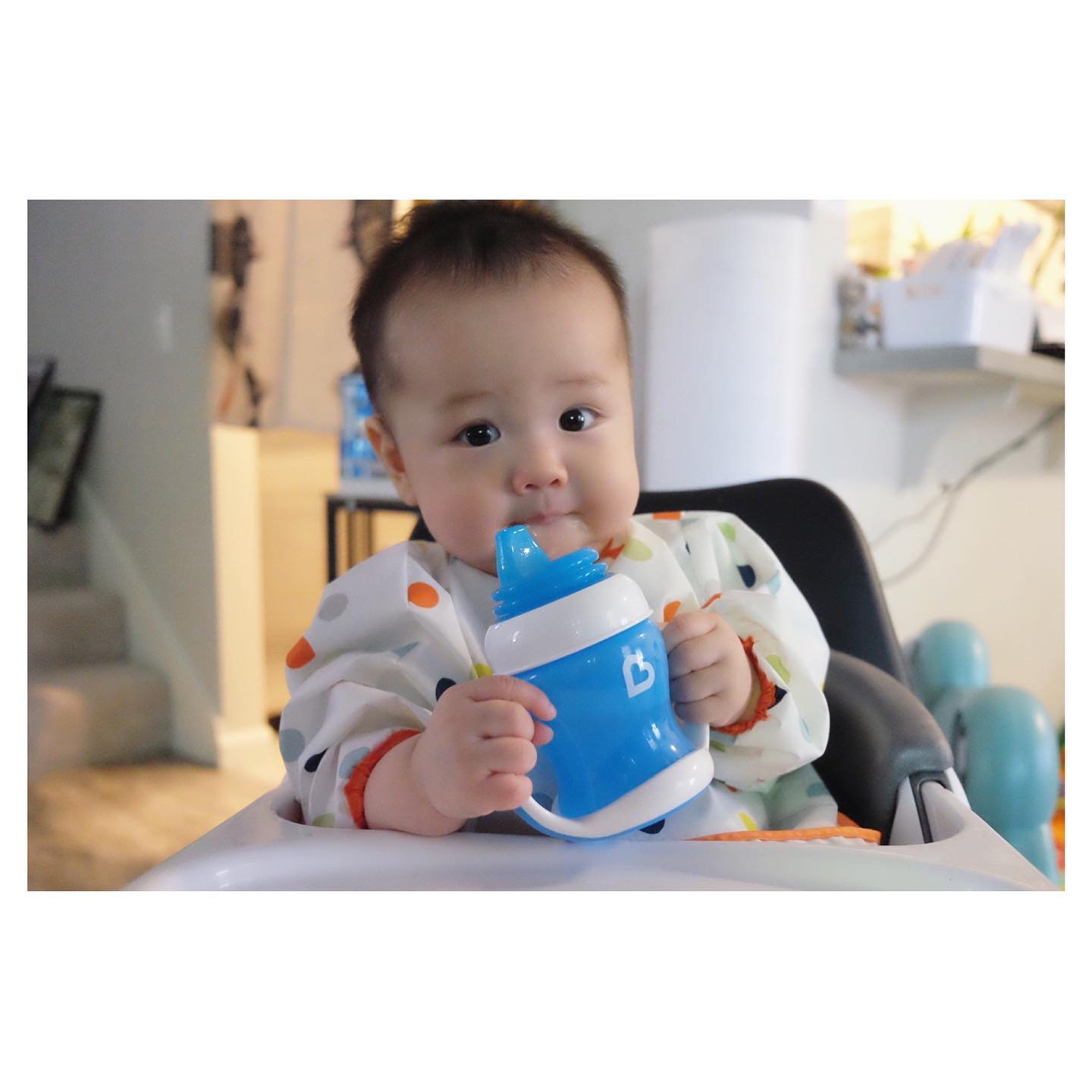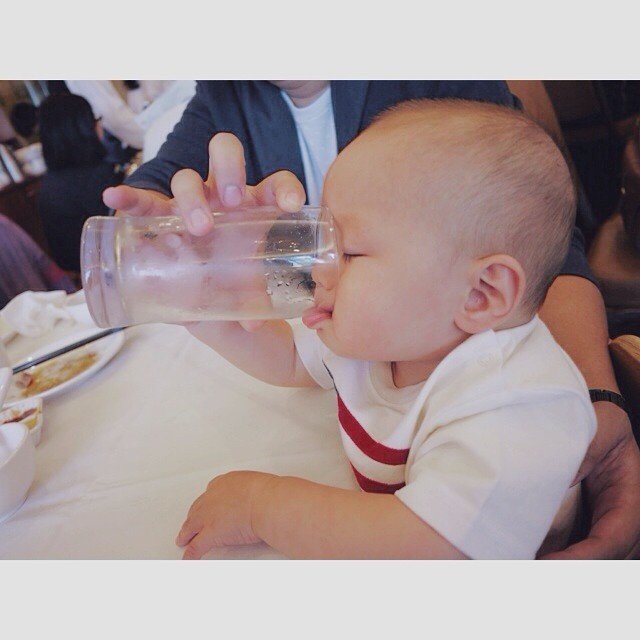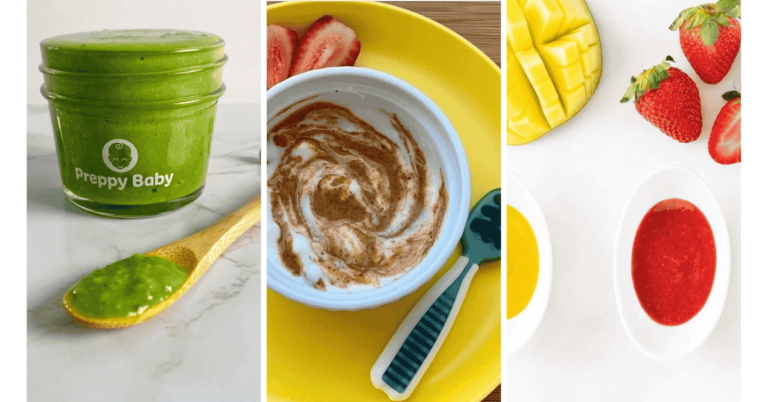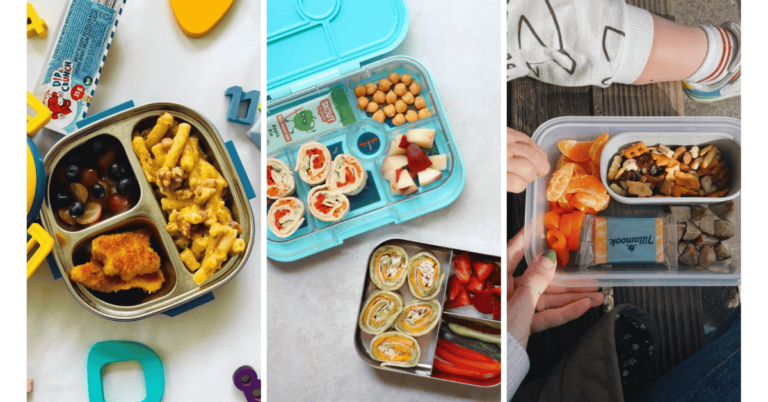When Can Babies Drink Water? Safe Guidelines for Every Age

Knowing when it’s safe for your baby to start drinking water is a common concern for new parents. With so much conflicting advice online, it helps to have clear, research-backed guidance from pediatric experts.
This blog post will walk you through why babies under 6 months don’t need water, the risks of offering it too soon, when and how to safely introduce water, and practical recommendations for every stage of early childhood.
Why Babies Under 6 Months Don’t Need Water
During the first six months of life, babies get all the hydration they need from breast milk or infant formula. It’s normal to wonder if extra water might be needed, especially during hot weather—but rest assured, milk or formula is enough.
Breast Milk and Formula Provide Complete Hydration
- Breast milk is about 85% water, which is perfectly tailored to your baby’s needs, keeping them hydrated while providing essential nutrients.
- Infant formula is designed to closely mimic breast milk in both composition and hydration, ensuring babies receive the right balance of water and nutrients, even in hot climates.
Even in hot weather or if your baby has a fever, offer more frequent milk or formula feeds rather than introducing water. This keeps babies hydrated without the risks posed by water at this stage.
The Risks of Giving Water to Babies Too Early
Introducing water to babies under 6 months poses several significant risks:
1. May Affect Growth and Development
A baby’s stomach is quite small. Filling it with water can mean less space for breast milk or formula, leading to reduced calorie, vitamin, and nutrient intake. Over time, this can slow healthy growth and development.
2. Disturbs Electrolyte Balance
Babies’ kidneys are not mature enough to handle extra fluid. Giving water can dilute important electrolytes (like sodium, calcium, and potassium) in their bloodstream, leading to a dangerous condition called water intoxication:
- Symptoms can include irritability, low body temperature, swelling, and sometimes seizures.
- Left unaddressed, severe imbalances can cause coma or even be life-threatening.
3. Specific Health Problems
- Babies who drink too much water can experience seizures, brain damage, or in rare cases, death, due to disturbed electrolyte levels.
- Water can also carry contaminants if it’s not properly prepared, increasing the risk for gastrointestinal infections, especially in very young babies.
When Can Babies Start Drinking Water?
According to the American Academy of Pediatrics (AAP), the World Health Organization, and Australian Infant Feeding Guidelines:
- Babies can start having small amounts of water at six months old.
- This typically coincides with the introduction of complementary solid foods.
- Water should only supplement—not replace—milk or formula, which remain the main sources of nutrition until your baby turns one.
Tip: Always consult your pediatrician if you have concerns about your child’s hydration needs or feeding schedule.
Safe Water Practices for Babies
When you begin introducing water at around six months, follow these important safety guidelines:
How Much Water?
- 6-12 months: Offer ½ to 1 cup (about 120-240 mL) of water per day, spread between meals.
- Continue to prioritize breast milk or formula as your baby’s main drink.
Best Ways to Serve Water
- Offer water in a sippy cup, strawed cup, or open cup with solid meals. This helps your baby learn cup skills and reduces the risk of tooth decay.
- Avoid bottles for water to minimize the risk of overconsumption.
Water Preparation and Sources
- Tap water: For babies under 12 months, boil tap water and cool it before offering, to kill bacteria and remove contaminants. You can stop boiling water once your child turns one.
- Tank water: Always boil and cool tank water before use, as it may not be adequately filtered.
- Bottled water: Use only unopened, undamaged bottles. If not labeled “distilled” or “purified,” it should also be boiled and cooled before serving to babies under 12 months.
- Well water: Have it tested for safety by local health authorities before use; contaminants can’t always be removed by boiling.
- Fluoride: Be mindful of cumulative fluoride from tap water and formula to prevent dental fluorosis.
Avoid These for Babies Under 12 Months
- Fruit juice, soft drinks, cordials, tea, coffee, cow’s milk, goat’s milk, sheep’s milk, and plant-based milks (almond, oat, rice, coconut) are not appropriate.
- Soda and sugar-sweetened drinks are never recommended.
Water Intake Recommendations by Age
Below you’ll find age-based recommendations for water intake, based on AAP guidelines and clinical best practices:
| Age Group | Recommended Daily Water Intake |
|---|---|
| Less than 6 months | None (milk/formula only) |
| 6-12 months | ½–1 cup/day (120–240 mL) |
| 12-24 months | 1–4 cups/day (240–960 mL) |
| 2-5 years | 1–5 cups/day (240–1200 mL) |
These amounts are in addition to the breast milk or infant formula your child continues to receive.
Note: Offer more frequent milk or formula feeds in hot weather or if your baby has a fever, before increasing water intake.
Takeaway Advice & When to Contact Your Pediatrician
The key points for parents and caregivers:
- Babies under 6 months should not be given water; exclusive breast milk or formula is recommended.
- Introducing water before six months can affect nutrition and cause health risks due to electrolyte imbalance.
- You can start to introduce small amounts of boiled-and-cooled water at around six months, typically with meals and in a cup.
- Continue to prioritize breast milk or formula as the primary drink until your child’s first birthday.
- Always follow safe water preparation guidelines and check with your pediatrician for advice tailored to your child’s health.
If you’re unsure about your baby’s hydration, feeding schedule, or are concerned about signs of dehydration or overhydration (such as fewer wet diapers, lethargy, or vomiting), don’t hesitate to consult your child’s healthcare provider for guidance.







